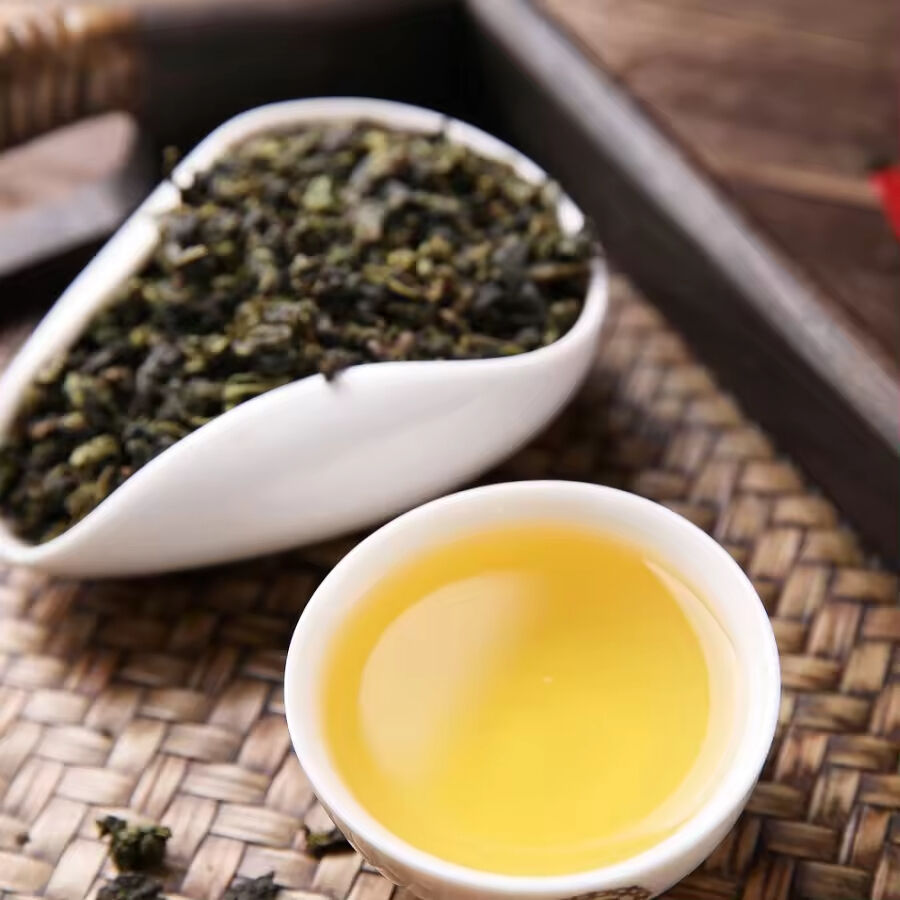
Before purchasing a Chinese tea, it is important to know its type, place of cultivation, and flavor. If green tea is your life, then there is also gung-fu black tea or Mao Jian which would give you nice freshness and liveliness. For those who prefer deep flavors, Kwan black or Pu-erh tea might do the trick. For more fragrant and sweet taste, Tieguanyin or tea scented with Jasmine will make you happy.
If you love Chinese tea be sure to buy good quality leaves which are of the same color and texture. Most of authentic Chinese teas are from famous provinces of China like Fujian, Yunnan or Zhejiang for instance. Packaging and certification of the tea may be complimentary sources of information about the tea’s authenticity.
For best results in brewing Chinese tea, proper brewing techniques should be utilized. For pre-boiled and filtered water, the following parameters should be observed: green tea should be soaked in water of approximately 75-80°C (167-176°F), black tea around 90°C (194°F) and white and oolong teas should use a cooler temperature. The time period of the infusion is typically 2-5 minutes. The herbal tea's taste is exquisitely enhanced when made in a gaiwan or Yixing teapot.
The essence of Chinese tea culture goes far beyond drinking tea. If you are a beginner or an expert in the tea world, it doesn't matter, consider yourself lucky, you are in for quite a ride when trying out Chinese tea.